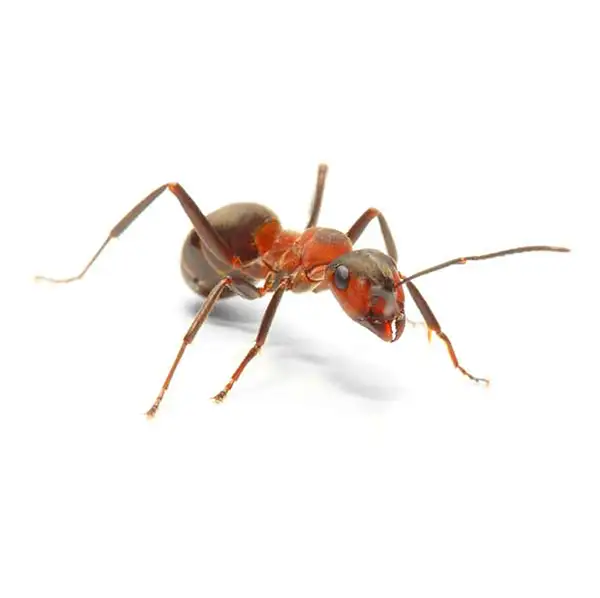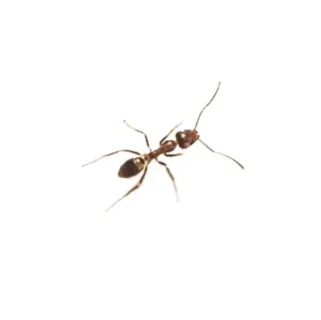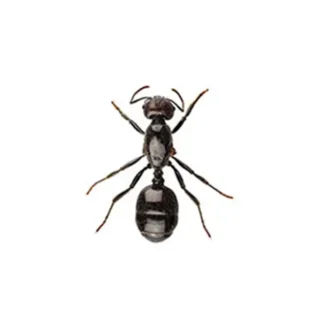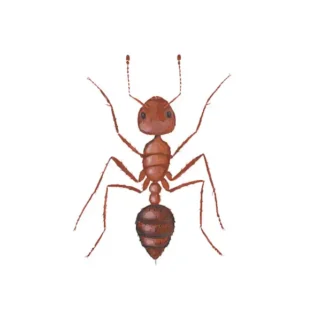Field Ants in Virginia
Field ants are named for their preference for open areas and are commonly found throughout Virginia. They build large mounds in lawns, parks, and playgrounds, often near human activity. Their nests can grow up to four feet wide and two feet tall, impacting grass growth and landscaping. While they rarely invade homes, field ants can be a nuisance when nesting near masonry walls or sidewalks, disrupting lawns and making mowing difficult.
Field Ant Habitat
Often called “thatching” or “mound” ants, field ants build nests in soil or rotting logs using twigs, grass stems, leaves, or pine needles. They commonly establish nests near shrubs, trees, rocks, sidewalks, fences, and building foundations. Unlike other ant species, field ants do not search for food indoors. Instead, they feed on outdoor food sources, including live and dead insects and the honeydew secreted by aphids.
Field Ant Behaviors, Threats, or Dangers
Stepping on or disturbing a field ant nest provokes an immediate swarm, with ants biting in defense. Some species enhance the pain by releasing formic acid into the wound, causing a stinging sensation. The pain is temporary and does not lead to lasting damage. However, beyond their defensive nature, field ants create large mounds that disrupt lawns, interfere with mowing, and affect the health of garden and ornamental plants.
To effectively handle a potential field ant infestation, it’s best to reach out to a professional exterminator.





